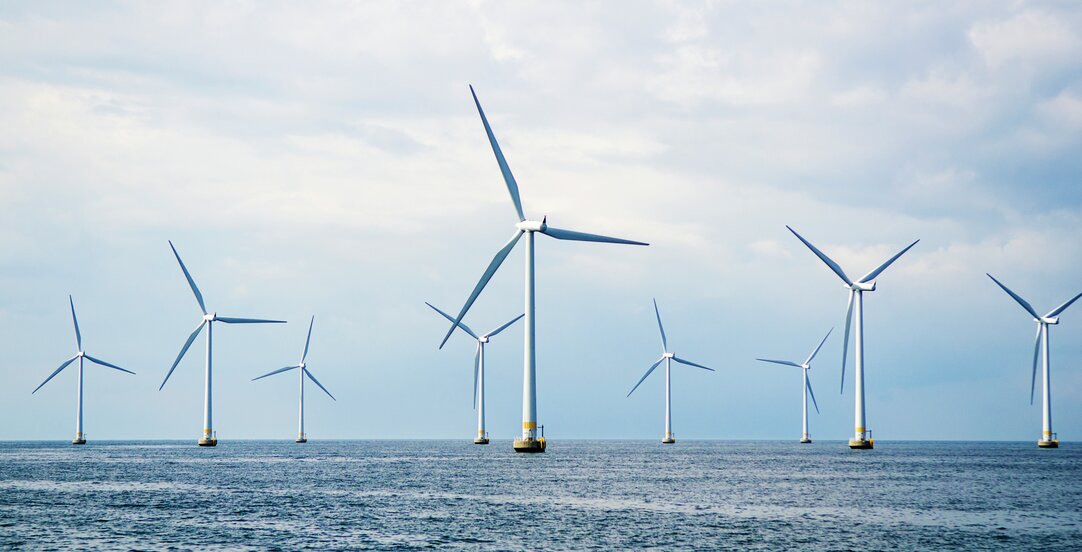Changes to the Norwegian Offshore Energy Act – one step closer

03/10/2022
On 30 September 2022, the offshore energy sector got one step closer to the starting block, as the Government submitted a proposal for changes to the Norwegian Offshore Energy Act to the Norwegian Parliament (the Proposition).
Reading time 3 minutes
The Proposition introduces a new section 2-3 to the Offshore Energy Act relating to allocation of areas for offshore wind development, adding two additional steps to the early stages of the license process: A prequalification step and an allocation process for the award of a time limited exclusivity. Despite one year of case handling and 155 hearing replies, only few updates are made since the initial proposal of June 2021.
- Purpose: The proposed changes intend to clarify the process leading up to the allocation of an exclusive right to conduct impact assessments and to apply for a license for offshore wind production in a specific area, aiming at ensuring transparency and non-discrimination in this process.
- Competitive allocation process: Following the opening of an area for offshore energy production, an allocation process shall be initiated pursuant to the new section 2-3, whereby areas will mainly be allocated through a competitive process. Despite massive objections in the hearing round, auctions are suggested as the preferred allocation method (potentially in combination with other criteria). As the Proposition acknowledges that public subsidies will likely be required in the first allocation rounds, a potential auction mechanism may be a competition for Contracts for Difference (CFDs), where the participant requiring the least state funding shall win the auction.
- Allocation through other means than a competitive process only seems relevant in exceptional circumstances, i.e. where a competitive process is not considered suitable, for example where only one market player shows interest in developing an area that has been open for a period of time.
- Qualification criteria: In order to take part in the allocation process, participants must satisfy certain criteria. They will have to document a certain level of financial strength and technical competence, as well as the ability to ensure relevant health, environment and safety requirements. This can be determined through a prequalification process. It is expected that further details of applicable prequalification criteria will be outlined in regulations to the Offshore Energy Act, in new guidelines concerning the licensing process, as well as in the auction rules for specific areas.
- Time management: Developers which succeed in the initial allocation process are only awarded a time limited exclusivity to apply for a license, and unless the license application is submitted within a given deadline, a new competition process may be initiated.
- Tailoring: The proposal foresees that the process will differ on a case-by-case basis, and that further details are to be provided in regulations underlying the Offshore Energy Act, as well as in specific auction or competition rules. The individual announcement will provide information clarifying how the allocation process will be carried out. The wide legal authority provided by the new section 2-3, will allow the Ministry of Petroleum and Energy the flexibility to accommodate future processes based on both national and foreign experiences, as well as to adopt to changing circumstances and developments in technology.
- JV legal entity first required upon license application: According to section 3-5 of the Offshore Energy Act, only legal entities established under Norwegian law and registered in the Norwegian Register of Business Enterprises can be awarded a license for offshore energy production. The Proposition clarifies that consortiums are first required to establish a jointly owned legal entity as part of the final license application. During the initial prequalification and allocation process, it is sufficient that the consortium parties have entered into a binding cooperation agreement. In these cases, the consortium members can jointly fulfil the prequalification criteria required to participate in the competition for exclusivity.
- Local content: The Proposition acknowledges that providing preferential treatment to Norwegian subcontractors would entail a violation of Norwegian EEA commitments. However, they consider Norwegian contractors with vast experience from the NCS to hold important knowledge that will likely prove objectively beneficial in future offshore energy projects.
Authors


